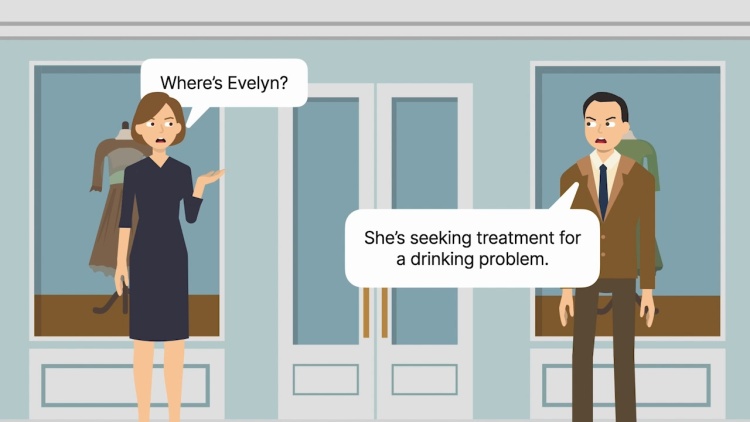People v. Scott
California Court of Appeal
176 Cal. App. 2d 458 (1959)

- Written by Sarah Holley, JD
Facts
On May 16, 1955, Mrs. Scott disappeared from her home and was never seen or heard from again. Her husband, L. Ewing Scott (defendant), explained that Mrs. Scott left in the afternoon during his brief absence. Meanwhile, the prosecution theorized that it was unreasonable to believe that Mrs. Scott left on her own accord. The prosecution presented evidence that Mrs. Scott was in good health, intelligent, and possessed an ample estate and income. Mrs. Scott had a wealth of friends to whom she was devoted and communicated with on a regular basis. All of Mrs. Scott’s belongings were at home, including glasses and a denture she habitually wore. The prosecution also presented evidence that Mr. Scott was without income and relied on Mrs. Scott for support. Mr. Scott did not report her disappearance to police but instead cancelled all her future appointments, cancelled her insurance, and donated her belongings. When Mrs. Scott’s friends tried to inquire as to her absence, Mr. Scott claimed she was ill and would be traveling for treatment. Mr. Scott was convicted for the murder of his wife and appealed on grounds that there was insufficient evidence to establish the corpus delicti.
Rule of Law
Issue
Holding and Reasoning (Shinn, J.)
What to do next…
Here's why 911,000 law students have relied on our case briefs:
- Written by law professors and practitioners, not other law students. 47,100 briefs, keyed to 997 casebooks. Top-notch customer support.
- The right amount of information, includes the facts, issues, rule of law, holding and reasoning, and any concurrences and dissents.
- Access in your classes, works on your mobile and tablet. Massive library of related video lessons and high quality multiple-choice questions.
- Easy to use, uniform format for every case brief. Written in plain English, not in legalese. Our briefs summarize and simplify; they don’t just repeat the court’s language.





